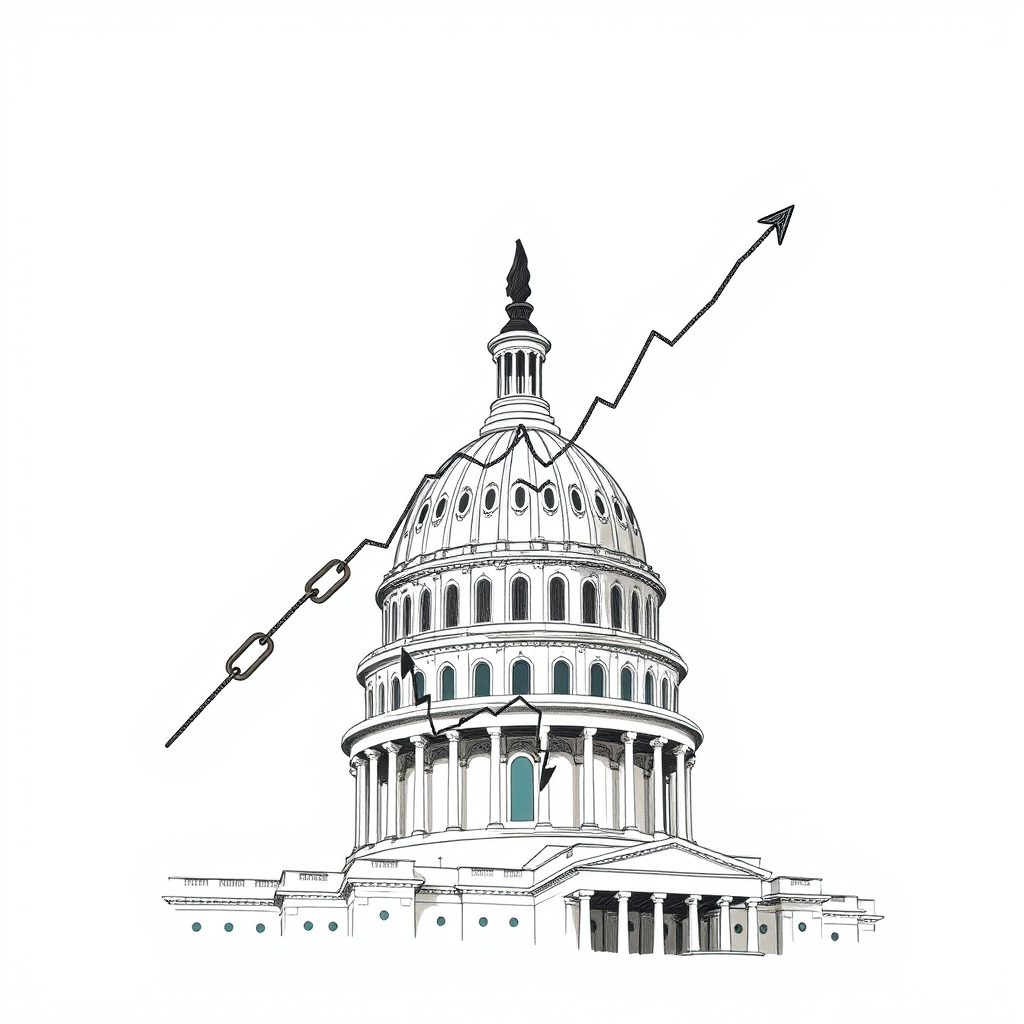Markets May Be Only Thing Stopping Trump

The traditional checks and balances on presidential power – Congress and the courts – appear increasingly weakened, leaving a surprising new force as a potential restraint on Donald Trump: the global financial markets. A recent analysis published in The Bulwark argues that these markets may now represent the most potent check on the former president’s actions.
Writer Matt Johnson contends that while institutions designed to limit executive overreach falter, financial markets remain largely impervious to direct control. Recent economic signals suggest this dynamic is already at play. Johnson points to the temporary rollback of Trump’s tariff policies last week, attributing it not to political pressure or reasoned debate, but to a sharp reaction in the bond market. Despite Trump’s initial justification for the shift – claiming people were “getting yippee” – a significant sell-off in U.S. bonds appears to have been the decisive factor.
CNN analyst Allison Morrow highlighted the unusual nature of the market response, noting that investors typically flock to bonds during economic uncertainty. Instead, they sold both stocks and bonds, a rare occurrence signaling deep-seated economic anxiety and a lack of confidence in future direction.
Johnson argues this reliance on market forces as a check on power is a “sad commentary on the decay of America’s democratic institutions.” While acknowledging the potential for manipulation and volatility, he asserts that financial markets function as remarkably efficient processors of information. They reflect, in essence, what people genuinely believe about the economic landscape.
He contrasts this with political rhetoric, suggesting that pronouncements from Trump supporters in Congress, however fervent, are ultimately measured by investor behavior. Portfolio adjustments, Johnson contends, provide immediate and unbiased feedback on the impact of Trump’s policies. Unlike political actors, markets are immune to flattery, pressure, or misinformation. They respond solely to perceived economic realities, offering a potentially crucial, albeit unconventional, safeguard against unchecked presidential power.